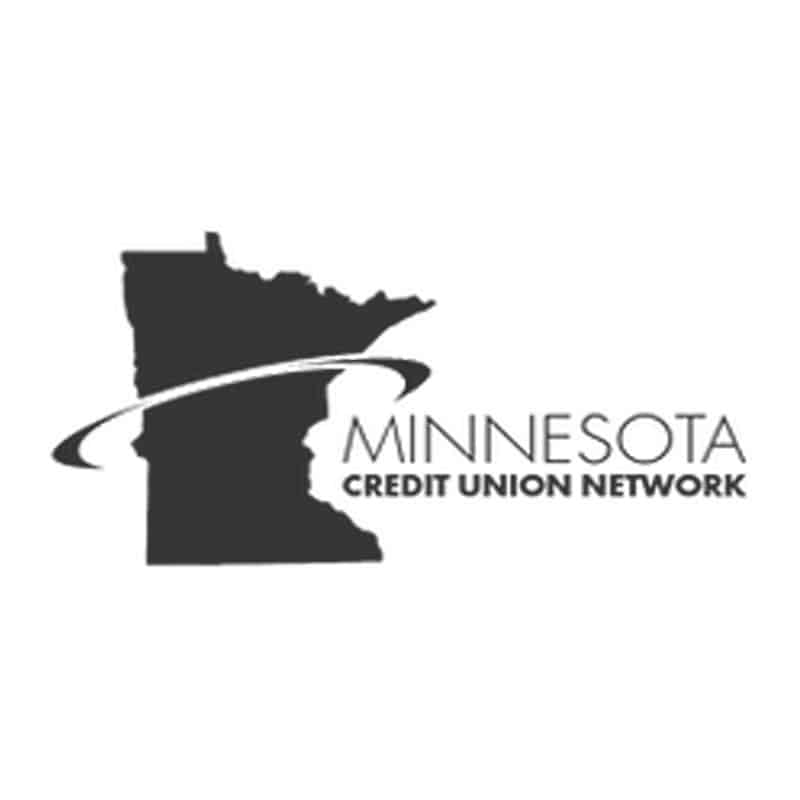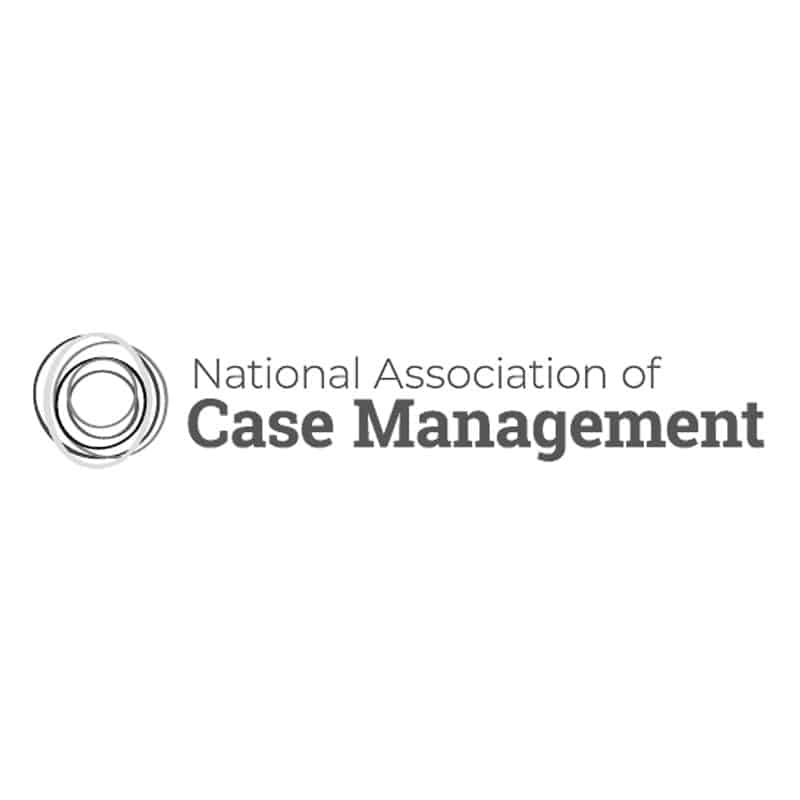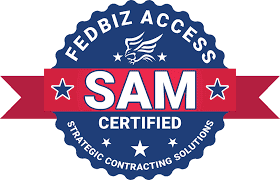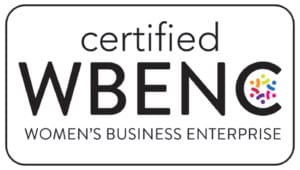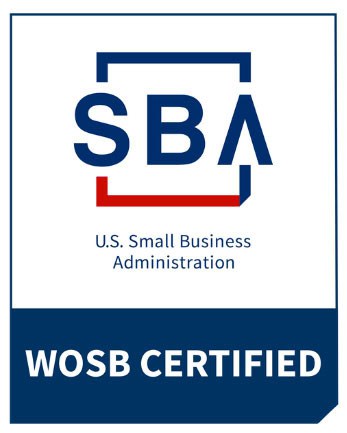It was 24 years ago when I started graduate school, and it was there that I found my people—counselors, individuals who care about relationships, connections, and the world around us. It is a great honor to do this work and guide clients through their healing, helping them create positive change in their lives. This work is emotionally, intellectually, and spiritually rewarding. In a world where difficult and scary things happen—like mass shootings—Fred Rogers once said, “Look for the helpers.” We are those helpers.
I’d like each of you to think about your clients—every person you’ve worked with, taught, or mentored—and consider how your work has impacted their lives, families, relationships, and work. Now look around this room and think about how many lives we’ve touched together. We are a powerful force of goodness in the world, creating an enormous ripple effect of positive change. Please give yourselves and your colleagues a round of applause.
We are leaders, taking our counseling to a new level by advocating for our profession, our clients, and social justice for all. Thank you for your work and for your willingness to serve in leadership within this profession. I’m honored to share my thoughts today about unifying our counseling skills with leadership in our work, families, communities, and profession.
Leadership requires self-awareness. I remember attending my first conference four years ago. In a buffet line, I told a counselor from Arkansas how much I loved everyone’s accents, and he replied, “What about yours?” I laughed, thinking I didn’t have an accent, but he imitated my Midwestern twang. This showed me the importance of self-awareness.
As leaders, we are all works in progress. We tend to repeat what’s familiar, and as counselors, we must continue to do our own personal work—whether through supervision, training, or self-reflection. I believe we can only guide our clients as far as we’ve traveled in our own consciousness. Today, let’s give ourselves permission to let go of patterns that no longer serve us—whether it’s making ourselves small to avoid being a threat to others, or detrimental caretaking at the expense of our own well-being. Ask yourself, what is keeping you from being your best self? Seek support to move through that.
Lao Tzu once said, “He who knows others is wise; he who knows himself is enlightened.” The next leadership tool is presence. Mary McDonald said we need to return to the beauty of just being alive in the present moment. In our work, we see people obsess over the past or worry about the future, but peace can be found in the present. As leaders, we need to stay grounded in the here and now. Have any of you seen Will Smith’s viral video about fault versus responsibility? It’s worth checking out. He explains that while certain things might not be our fault, it’s our responsibility to choose how we deal with them. As leaders, we must take responsibility for ourselves, our actions, and our commitments.
Positivity is essential. Gandhi said, “A man is the product of his thoughts; what he thinks, he becomes.” Cognitive behavioral therapy teaches us that our thoughts often precede emotions and behaviors. Self-criticism can poison us, making us feel small, leading to self-sabotage. We must change these self-limiting beliefs. Often, we set our own ceilings. In my work, I ask clients aiming for promotions if they think they’ll get it, and if they respond with doubt, I challenge them to change their mindset. We create self-fulfilling prophecies—so we must envision success.
We also need to stop judging ourselves. My counselor once pointed out that I label my inner experiences as either “good” or “bad.” But she reminded me that feelings are neither good nor bad—they just are. I responded, “You’re right—my bad!” We are all works in progress, and we are all capable of great leadership exactly as we are today. If you’re battling imposter syndrome, replace it with psychotic optimism. When my inner critic shows up, I say, “Bye, Felicia!”
Leadership also requires detachment. We need to let go of control, fear, and the need to always be right. I remember once, when I was doing a television segment on stress management, I was a total stress ball myself. I didn’t sleep the night before and was so anxious that the sound guy could literally hear my heart pounding. But sometimes, you just have to fake it till you make it.
Gratitude is another key element of leadership. As a wise man once said, “He is wise who does not grieve for what he has not, but rejoices for what he has.” Practicing gratitude helps us stay grounded and positive. I once had a president at a mental health association who started each meeting by giving thanks to every person at the table. We should all do the same—keep a gratitude journal and take stock of the good in our lives.
As I conclude, I’ll leave you with a quote of my own: “Success is to live openly, authentically, and lovingly in alignment with your highest self and others to the greatest extent possible.” May your minds be conscious, your hearts open, and your spirits dance with joy. I wish you all great success in your leadership journey.









